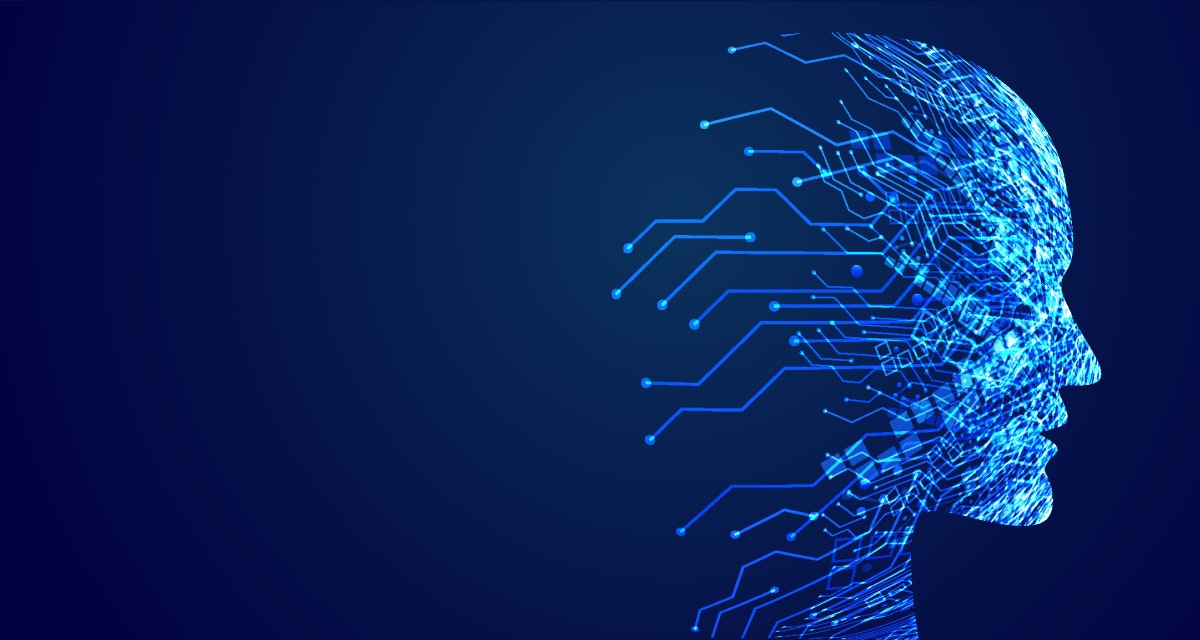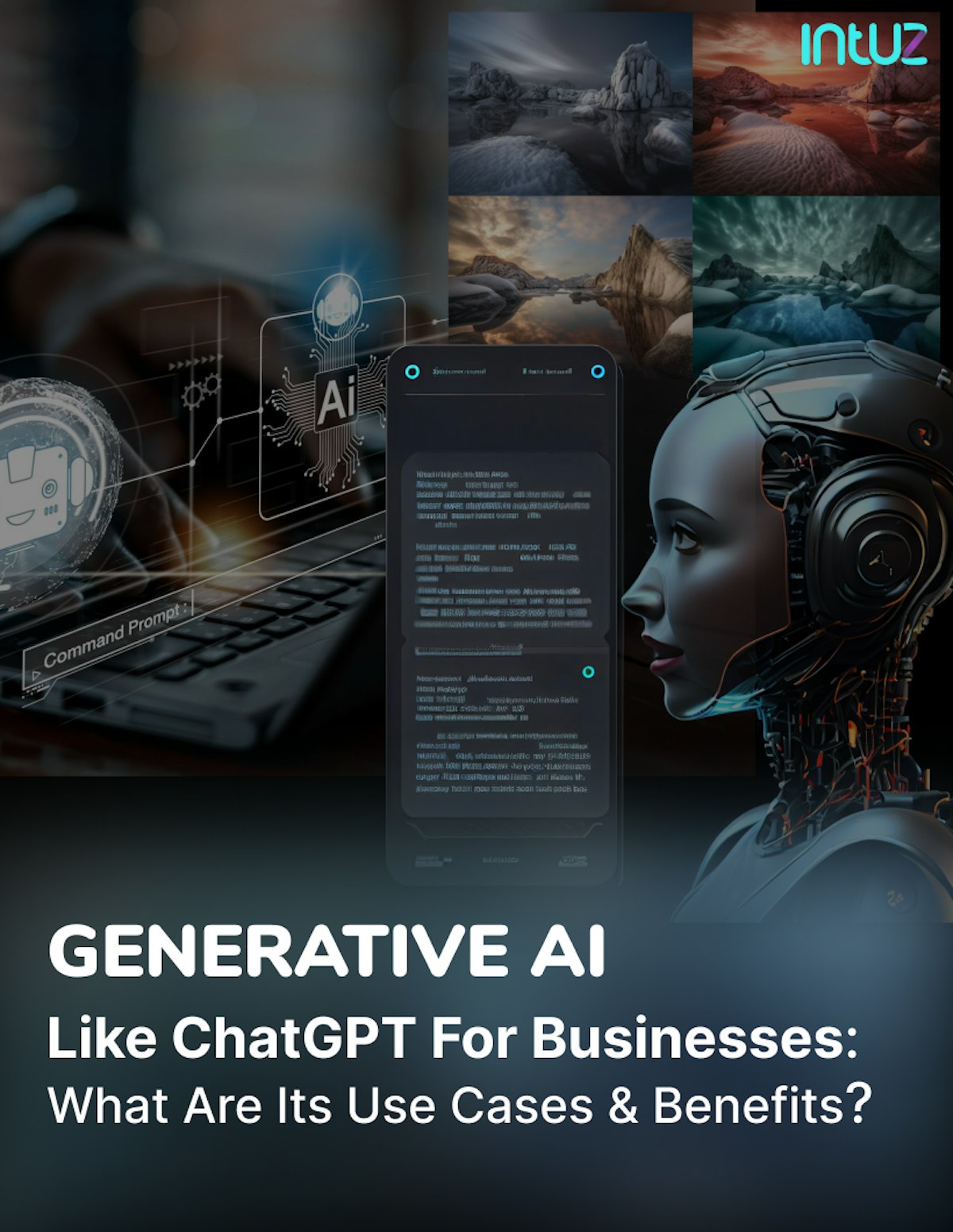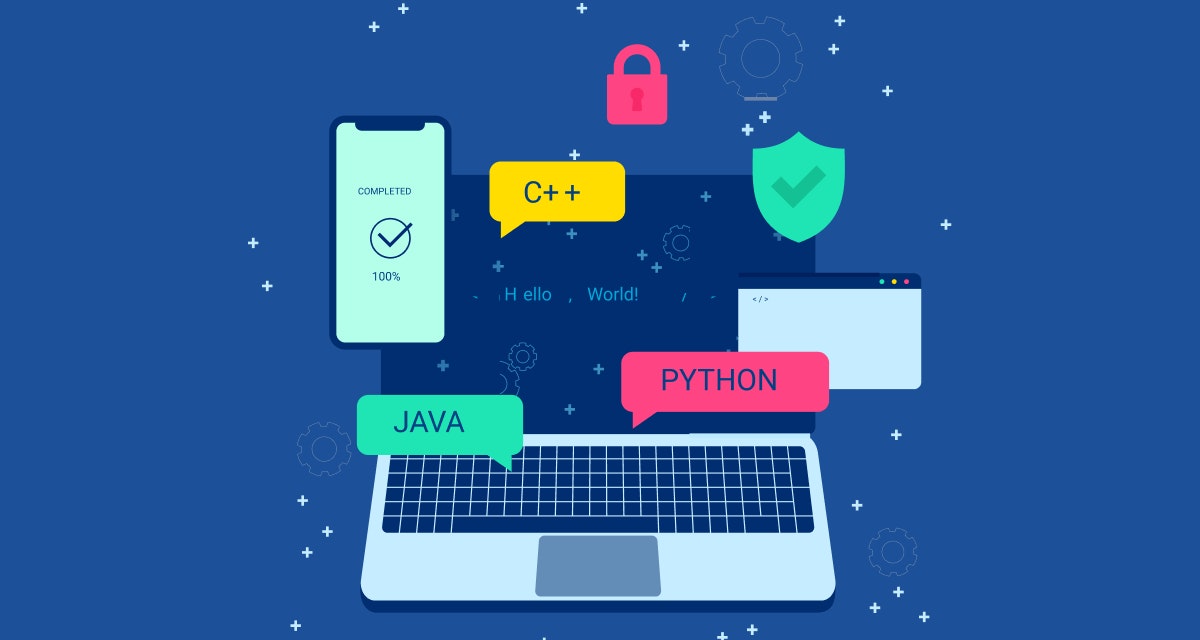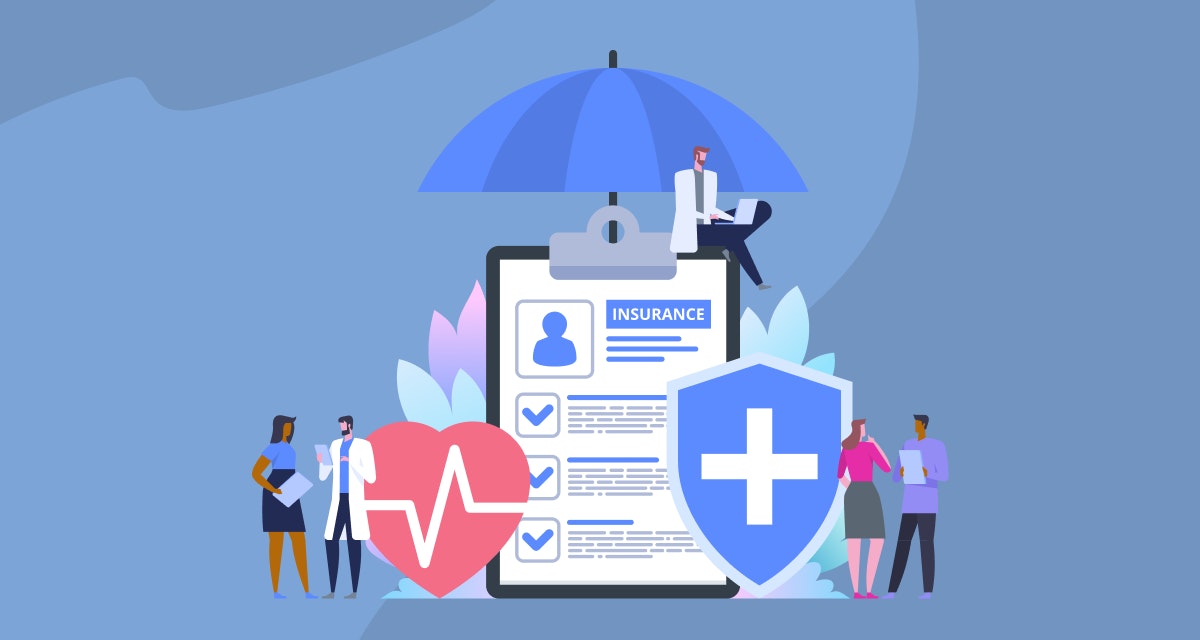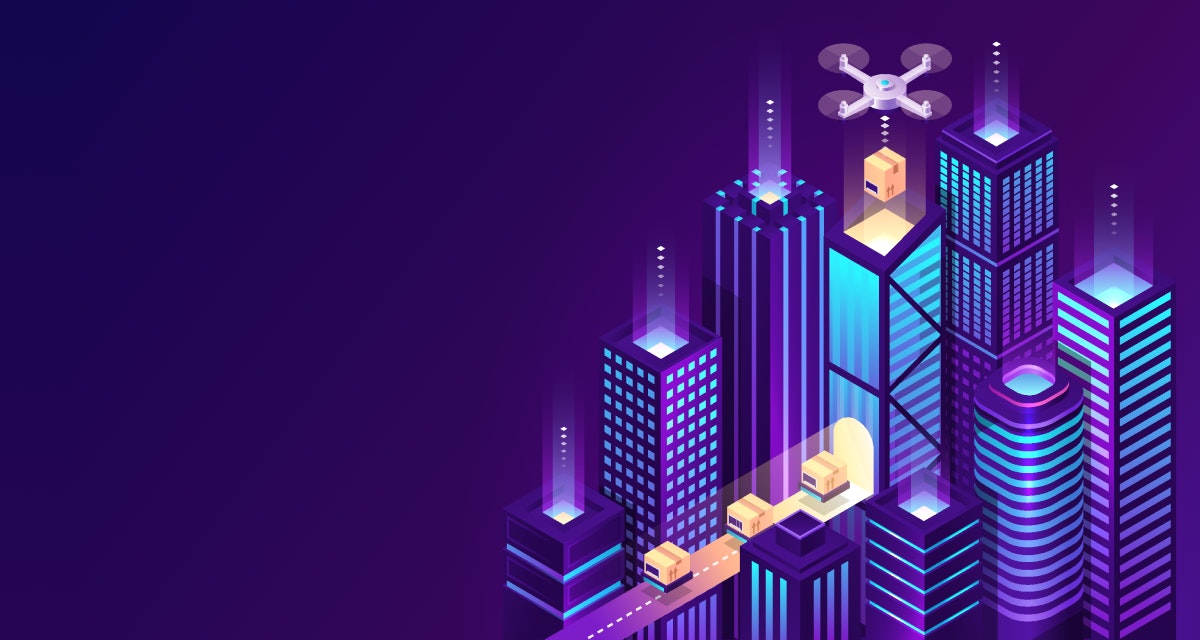Ever come across the term “automation?” We are sure you have. Businesses across industries leverage it to achieve greater operational efficiencies and drive sustainable growth.
Simply put, automation refers to a range of technologies that reduce human intervention in business processes. This could mean deploying machines in a textile manufacturing unit for labor-intensive tasks such as stitching, spinning, and weaving cotton.
Or building Internet of Things-enabled cars that use the internet to communicate with other cars on the road to ensure managed traffic. Automation is also used in daily life, such as scheduling social media posts on Buffer, sending an out-of-office email, and setting the alarm on mobile.
It is not surprising to see that the digital process automation market will be worth $12.61 billion by 2023. According to McKinsey, 31% of businesses have automated at least one function completely. In fact, the retail industry has rapidly adopted automation.
Research shows of retail businesses implemented AI in 2020, increasing by 35% during the past year. Of course, this growth was accelerated due to the pandemic.
The technology has also freed up professionals to concentrate on less mundane tasks and pursue new markets and optimize external processes. No wonder, 74% of businesses are actively looking for new use cases for automation.
But what kind of automation technology is most preferred by businesses? Let us take a look:
RPA & IA: the leading technologies in the market
Long for Robotic Process Automation, RPA leverages technology to mirror human tasks to finish off a business process. These tasks are repetitive, rule-based, and have definite inputs and outputs. Examples include data processing and mapping, client onboarding, and data entry.
A common misconception is that RPA and AI are the same. Unfortunately, that is not the case. Unlike AI, RPA bots do not need to have the ability to learn. If something changes in an automated task, RPA bots will not adjust on their own and need human intervention.
RPA is simply designed to emulate human actions. On the other hand, AI technology is intended to simulate the way human beings think. The interest in RPA continues to soar. When applied with systematic planning, the technology can substantially reduce operational costs.
Since most business processes are repetitive, manual, and deterministic, more than 70% can be automated using RPA bots. But there is one automation technology that mimics human actions and learns to do them better over time. That is Intelligent Automation [AI].
IA is an advanced form of RPA and specifically comprises four technologies:
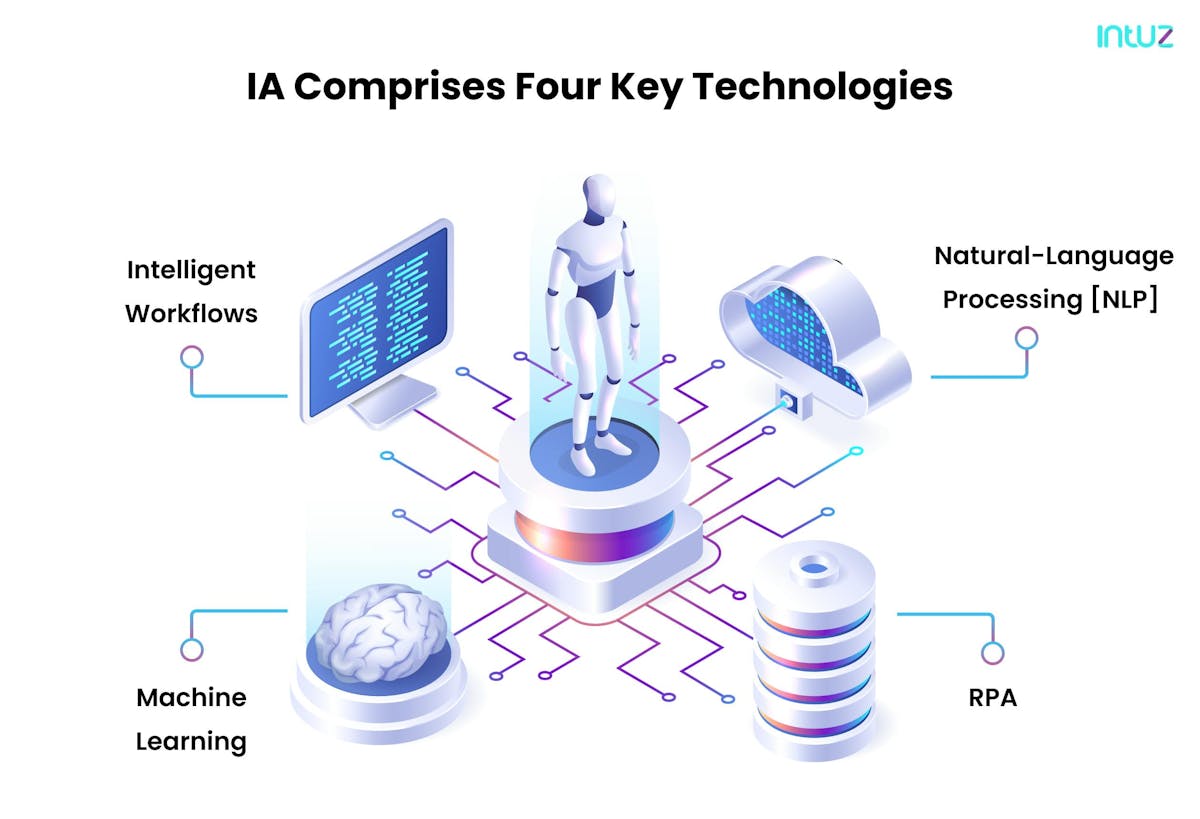
Ever come across the term “automation?” We are sure you have. Businesses across industries leverage it to achieve greater operational efficiencies and drive sustainable growth.
Simply put, automation refers to a range of technologies that reduce human intervention in business processes. This could mean deploying machines in a textile manufacturing unit for labor-intensive tasks such as stitching, spinning, and weaving cotton.
Or building Internet of Things-enabled cars that use the internet to communicate with other cars on the road to ensure managed traffic. Automation is also used in daily life, such as scheduling social media posts on Buffer, sending an out-of-office email, and setting the alarm on mobile.
It is not surprising to see that the digital process automation market will be worth $12.61 billion by 2023. According to McKinsey, 31% of businesses have automated at least one function completely. In fact, the retail industry has rapidly adopted automation.
Research shows of retail businesses implemented AI in 2020, increasing by 35% during the past year. Of course, this growth was accelerated due to the pandemic.
The technology has also freed up professionals to concentrate on less mundane tasks and pursue new markets and optimize external processes. No wonder, 74% of businesses are actively looking for new use cases for automation.
But what kind of automation technology is most preferred by businesses? Let us take a look:
RPA & IA: the leading technologies in the market
Long for Robotic Process Automation, RPA leverages technology to mirror human tasks to finish off a business process. These tasks are repetitive, rule-based, and have definite inputs and outputs. Examples include data processing and mapping, client onboarding, and data entry.
A common misconception is that RPA and AI are the same. Unfortunately, that is not the case. Unlike AI, RPA bots do not need to have the ability to learn. If something changes in an automated task, RPA bots will not adjust on their own and need human intervention.
RPA is simply designed to emulate human actions. On the other hand, AI technology is intended to simulate the way human beings think. The interest in RPA continues to soar. When applied with systematic planning, the technology can substantially reduce operational costs.
Since most business processes are repetitive, manual, and deterministic, more than 70% can be automated using RPA bots. But there is one automation technology that mimics human actions and learns to do them better over time. That is Intelligent Automation [AI].
IA is an advanced form of RPA and specifically comprises four technologies:
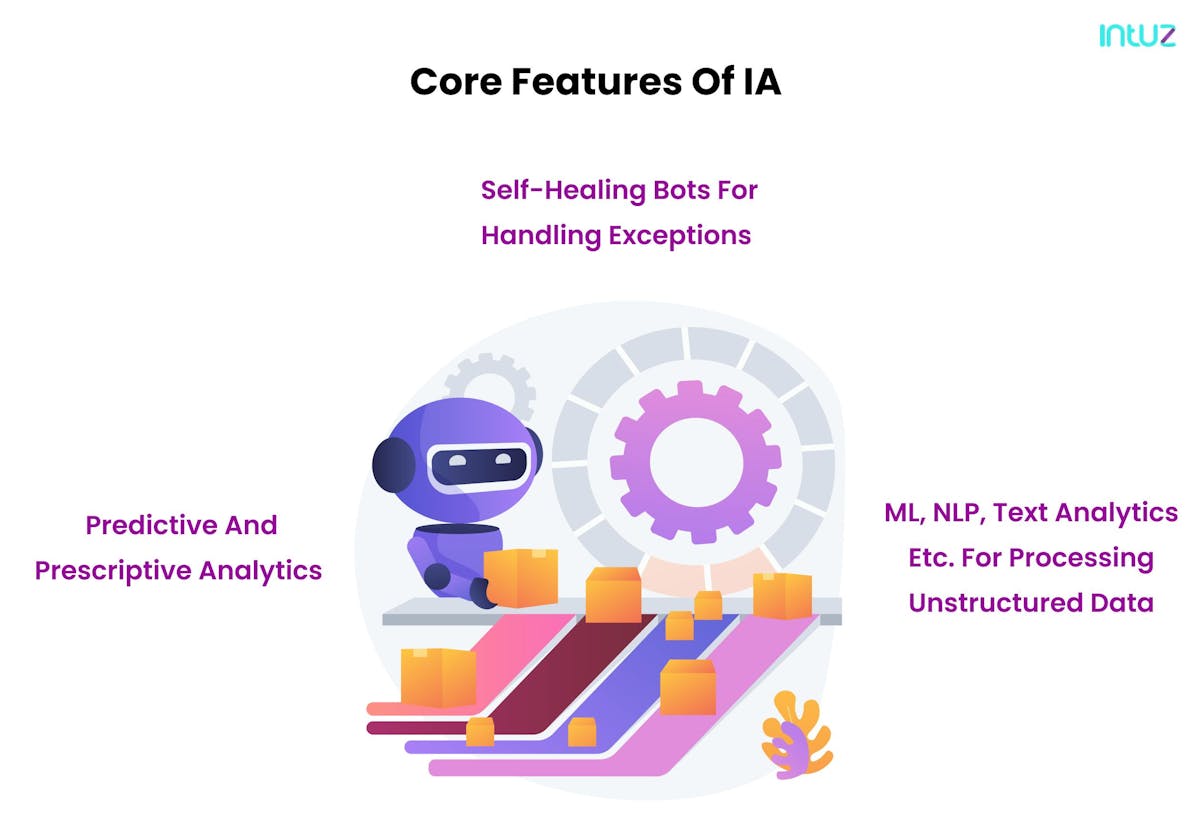
- Predictive and prescriptive analytics helping businesses plan resources and setting achievable KPIs for optimal operational results
- Self-healing bots for handling exceptions
- ML, NLP, text analytics, and computer vision for processing unstructured data and automating tasks that require judgment and detecting a constant change
Despite the differences, businesses must adopt an automation strategy that implements both RPA and IA. In the next section, let us discuss the benefits that businesses, including IoT companies, are availing on their utilization of both automation technologies:
Seven vital benefits of RPA and IA
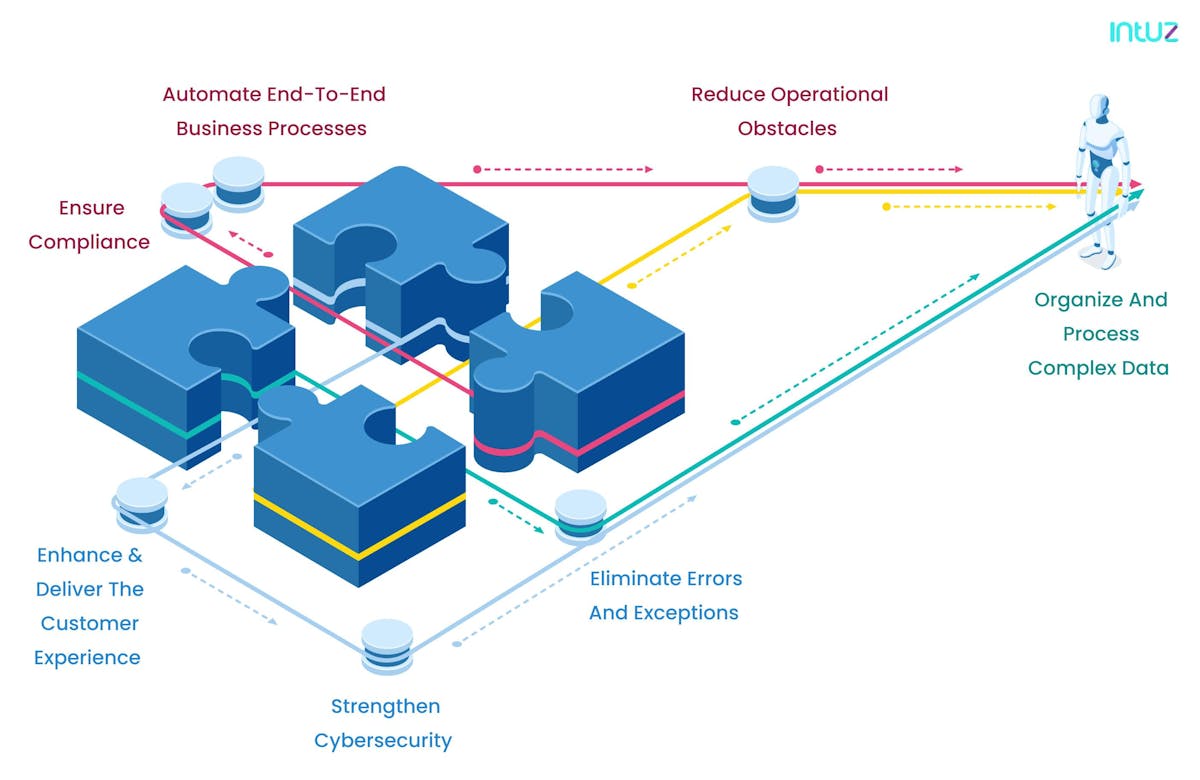
1. Automate end-to-end business processes
The two technologies have expanded the possibilities of business process automation by including nearly any scenario such as employee onboarding, payroll management, creating slide decks, analyzing reports, and so on.
Thankfully, cognitive bots can reason and make decisions. They can learn on the job and become a more valuable resource for the workforce. RPA and IA also help save time and money by reducing human interaction and regularizing IoT services.
Both technologies create the opportunity for businesses to operate smoothly by integrating technology, people, and processes.
2. Reduce operational obstacles
Automation is designed for inconsistent and unstructured data sets and processes. Both RPA and IA can navigate the legacy systems and other functional barriers to connect frontend and backend operations and enable them to work seamlessly.
This reduces manual handling and errors and ensures that workers stick to policy compliance and enjoy better workload management through shorter approval cycles.
3. Organize and process complex data
Data management is critical for two reasons:
- Data helps businesses make decisions.
- The massive influx of data makes it more susceptible to being lost or misplaced.
The last thing any business wants to do is spend time on resources to collect, manage, and analyze data and business intelligence. That is where RPA and IA can help.
IoT automation tools can capture, store, manipulate, and retrieve data records from unstructured and structured sources, and liberate employees to focus on deriving meaning and value from the data through their unique skill sets.
Confused among the various IoT Development Tools available? we;ve got your back.
Compare them here4. Eliminate errors and exceptions
Over time, automation tools continue to decrease exceptions in tasks by learning how to handle them on their own. Automation helps in debugging, which is merely identifying and removing errors from a particular project.
It also handles errors concerning various activities. That way, businesses can improve the efficiency and accuracy of both routine tasks and complicated procedures, which otherwise would take up a lot of time, money, and human resources.
5. Strengthen cybersecurity
RPA and IA can implement checks to analyze data structures, assess threats, and address potential security weaknesses before they get exploited. For instance, RPA reduces response time through automated detection and alert notifications.
On the other hand, IA improves security with automatically installed updates, limits IT security, and offers 24/7/365 security coverage to focus on other high-value tasks.
6. Ensure compliance
RPA and AI enable guaranteed adherence to regulatory statutes, industry standards, and best business practices across industries. Automation allows them to have a greater deal of oversight over their operations and deal with compliance issues quickly in case they arise.
Once a process is defined as an automated workflow, RPA can execute it in the same fashion, every time without any bottlenecks or errors. This means higher accuracy in business tasks. On the other hand, IA provides an audit trail when exceptions are generated and how employees can be intervened to deal with issues.
7. Enhance and deliver the customer experience
When a business deploys automation, it frees up more time for employees to put high-value resources back on the company's front lines and help achieve customer success. Faster response times, consistent output, and greater accuracy are possible due to automation.
RPA vs. IA: key differences to know
RPA is the "hands" of the operation, but IA is the "brains" because IA requires throughout consideration while RPA emulates human actions.
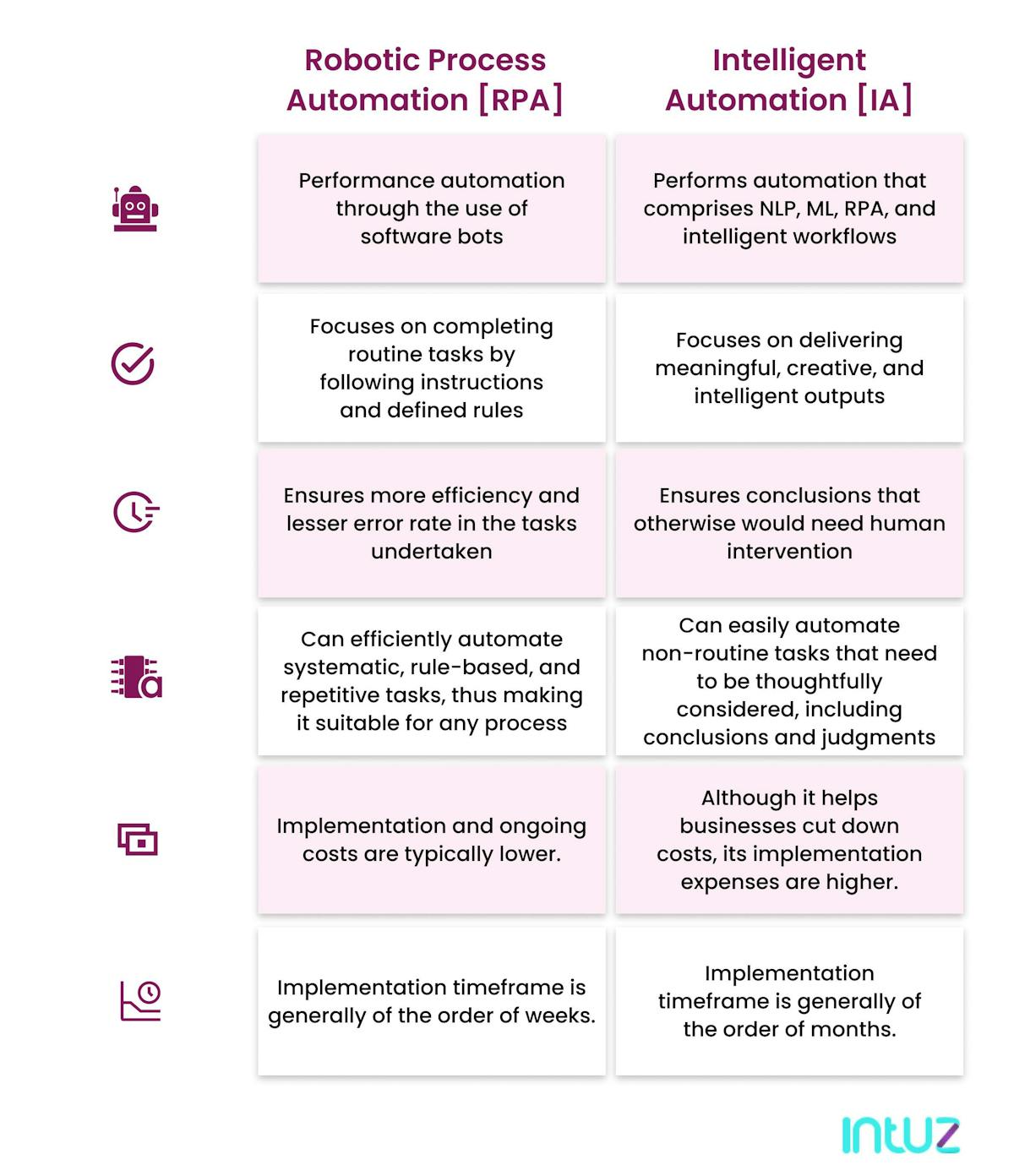
Seven inspiring use cases of RPA and IA
By now, you know how important thesese two technologies are in this day and age. Let us look at seven scenarios where businesses have actually applied and benefited from them:
1. Marketing
Automating omnichannel marketing helps marketers ensure personalized and interactive forms of engagement. They can mechanize repetitive tasks, automate entire campaigns, and gain insights from data for better decision-making.
2. BPO
Businesses offering outsourced IoT development services see a huge ROI on RPA. Every incremental improvement in their processes helps them save money and deliver quality output.
3. Healthcare
Cognitive automation can help reduce manual processes and improve patient outcomes by streamlining administrative processes related to record retention and billing or implementing critical checks during surgery prep and post-op recovery.
4. Financial services
Loan origination, transfers and trades, and payment processing are a few things that can be automated — thus helping customers at every phase of their financial journey.
5. Insurance
Claims processing, remittance and reporting, and eligibility verification are some of the tasks that can be easily automated with an AI-enabled process. Insurance providers utilize chatbots to handle everyday tasks and offer better customer service in the process.
Welcome the Iota of the future with AI x Insurance Industry.
Explore here6. Telecommunications
Companies operating in this sector can cut downtime, improve customer satisfaction, and enable more user-friendly options through automated process management.
7. Manufacturing
From material and component acquisition and order reconciliation to transportation and inventory management, manufacturers use RPA to control multiple processes. That way, they can have optimally operating administrative offices, retailers, and factories.
Wrapping it up
RPA and IA, when used in the right way, can help transform a company all by themselves. With the right approach, they can remedy enterprise-wide broken systems and processes and act as a powerful weapon in the digital transformation toolkit.
Instead of wasting time on repetitive tasks, professionals can focus on picking up high-end advisory jobs. The customers will get the outcomes they want more quickly and experience excellent service. In the end, the capabilities of RPA and IA add up to real results.
Are you looking for an IoT app development solutions provider that can leverage RPA or IA to suit your business requirements? Get started.
